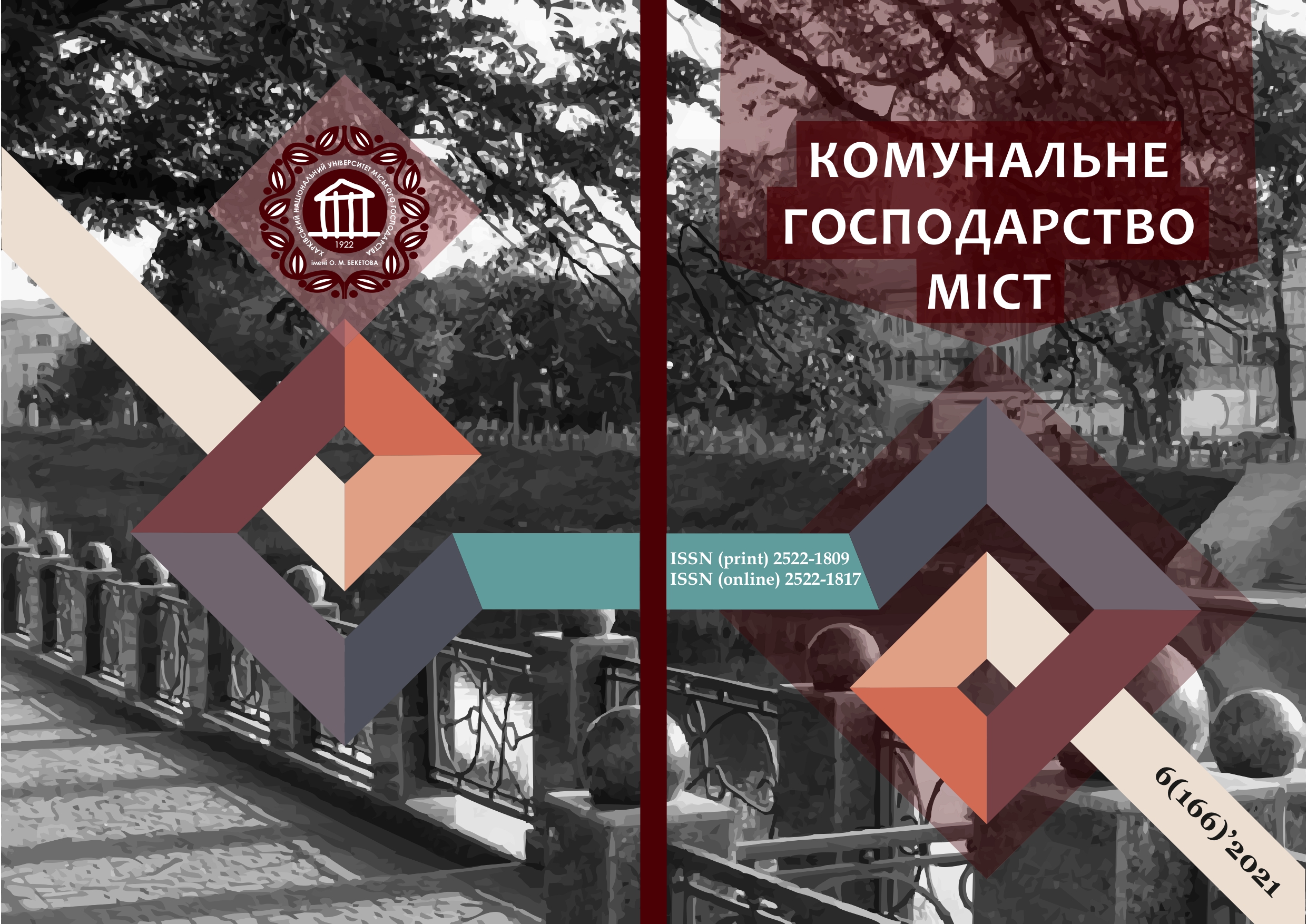DEVELOPMENT OF PRINCIPLES FOR CONSTRUCTION OF ADAPTIVE SYSTEM OF MOTIVATION AND INCENTIVES FOR PERSONNEL MANAGEMENT OF HOSPITALITY ENTERPRISES
Array
Keywords:
hotel business, hospitality enterprises, staff, hotel services, competitiveness, motivation.Abstract
The tourism industry in Ukraine is currently actively developing. This industry meets the tourist needs of the population and is one of the important factors in the receipt of funds in the country's budget and employment. The main component of the tourism industry is the hotel industry. According to statistics, the cost of hotel services is from 30% to 50% of all tourist costs. The national market of the hotel industry of Ukraine includes international hotel chains. The analysis of the development of the hotel industry of Ukraine shows that the competitiveness of domestic hotel enterprises with European and Asian enterprises is not at the proper level. This requires increasing the efficiency of their economic activities. Therefore, to ensure efficiency, the task of the national hotel chain is to increase the competitiveness of hospitality enterprises. One of the ways to solve this problem is personnel management, including through the introduction of staff motivation. According to statistics, only 5% of staff always work in the hotel business with high efficiency. Other people need constant supervision, regular monitoring of tasks. Based on this, the hospitality companies had a small number of employees who aim at high efficiency of the entire enterprise. This is an important issue. Currently, hospitality companies use two types of motivation: - material motivation; - intangible motivation. The methods of material motivation include material rewards: - at full load of the enterprise, - at overfulfillment of the plan of sale of hotel services, - in the form of the annual premium, etc. Types of material motivation do not exclude punishment of staff, such as fines. The types of intangible motivation currently used in hospitality enterprises include: - organization of corporate holidays, - congratulations to employees on anniversaries, - introduction of additional days off, etc. Such types of motivation are used, for example, in the network of HELIOPARK Hotels & Resorts, Holiday Inn. This problem can be solved by organizing certain methods of motivation into a single system. Such a system must be adaptive.
References
2. Opanashchuk, Yu.Ya. (2004). Development of the hotel industry in Ukraine: trends and prospects. Hotel and restaurant business, 3, 70–72. [in Russian]
3. Kondratenko, N.O., Obolentseva, L.V. (2019). Analysis of the current state and trends in the hotel business in the regions of Ukraine. Problems of Economy, 4(42), 72–80. DOI: https://doi.org/10.32983/2222-0712-2019-4-72-80
4. Harvard Business Review. Litagent Alpina, 2016. URL: https://www.libfox.ru/644904-harvard-business-review.html [in Russian]
5. NAFI Analytical Center. URL: https://nafi.ru/analytics/zarplata-vazhnee-obucheniya-chto-motiviruet-sotrudnikov-v-2018-godu/ [in Russian]
6. The system of material and intangible incentives (motivation) of staff. URL: http://www.lobanov-logist.ru/library/360/54594/?print=Y [in Russian]
7. Employee motivation. URL: http://www.ligsuniversity.ru/ligs-blog/employee-motivation [in Russian]
8. Ostapenko, Ya.O. (2015). Statistical analysis of the hotel industry and forecasting its development. Global and national economic problems, 8, 1216–1221. [in Ukrainian]
9. Lupych, O.O. (2017). Formation of competitive hotel industry of the region. Extended abstract of PhD dissertation (Economy). Uzhhorod National University, Uzhhorod. [in Ukrainian]
10. Siegert, W., Lang, M. (1990). Organizational behavior and personnel management. URL: http://www.bibliotekar.ru/upravlenie-personalom-2/41.htm [in Russian]
11. Serikova, K.S. (2018). Motivation of workers in the manufacturing sector in foreign countries and ways to adapt them to enterprises of Ukraine. Proceedings XI Sciences internet conference «Human security and the realization of the right to work in modern living conditions», April 26–27, 2018. NSU, Kharkiv. [in Ukrainian]
Downloads
Published
How to Cite
Issue
Section
License
The authors who publish in this collection agree with the following terms:
• The authors reserve the right to authorship of their work and give the magazine the right to first publish this work under the terms of license CC BY-NC-ND 4.0 (with the Designation of Authorship - Non-Commercial - Without Derivatives 4.0 International), which allows others to freely distribute the published work with a mandatory reference to the authors of the original work and the first publication of the work in this magazine.
• Authors have the right to make independent extra-exclusive work agreements in the form in which they were published by this magazine (for example, posting work in an electronic repository of an institution or publishing as part of a monograph), provided that the link to the first publication of the work in this journal is maintained. .
• Journal policy allows and encourages the publication of manuscripts on the Internet (for example, in institutions' repositories or on personal websites), both before the publication of this manuscript and during its editorial work, as it contributes to the emergence of productive scientific discussion and positively affects the efficiency and dynamics of the citation of the published work (see The Effect of Open Access).

